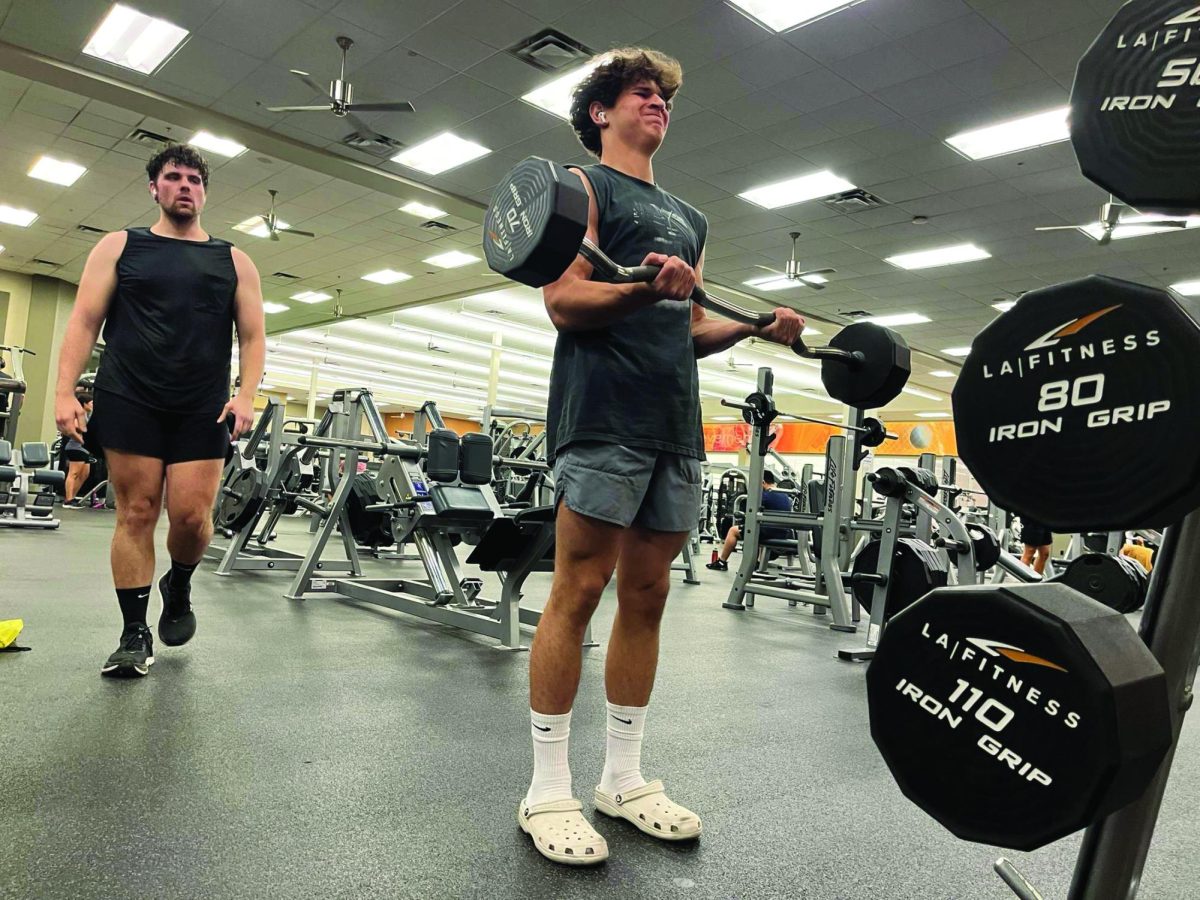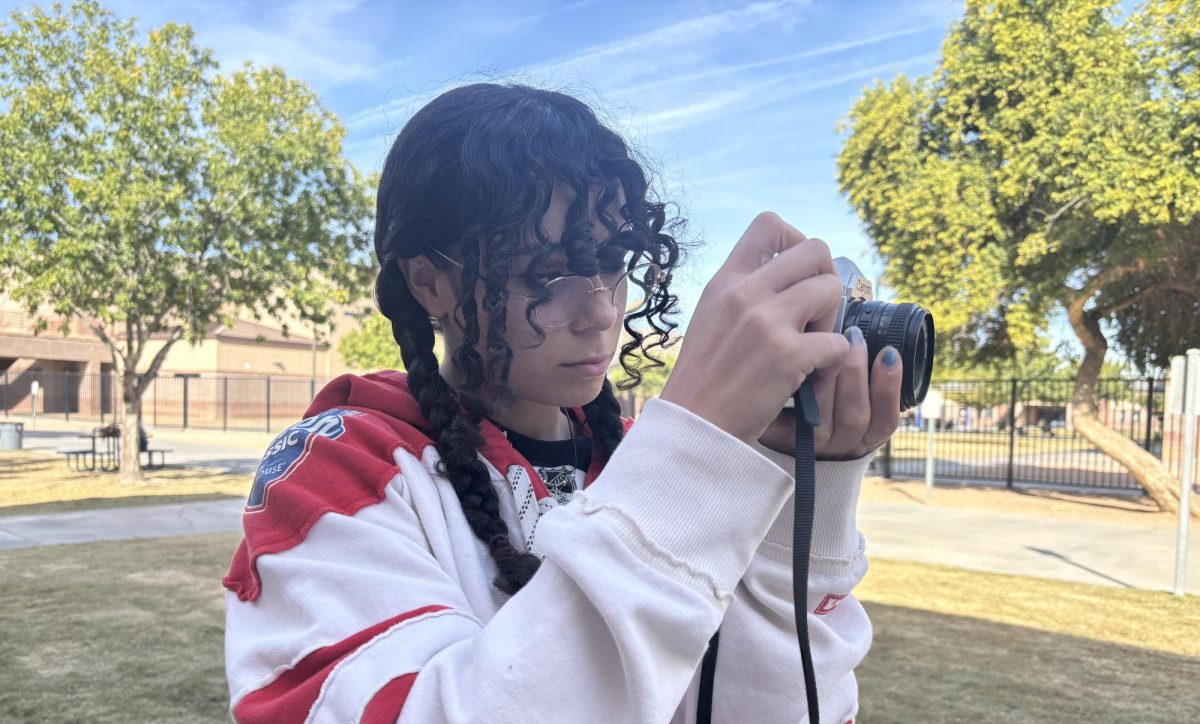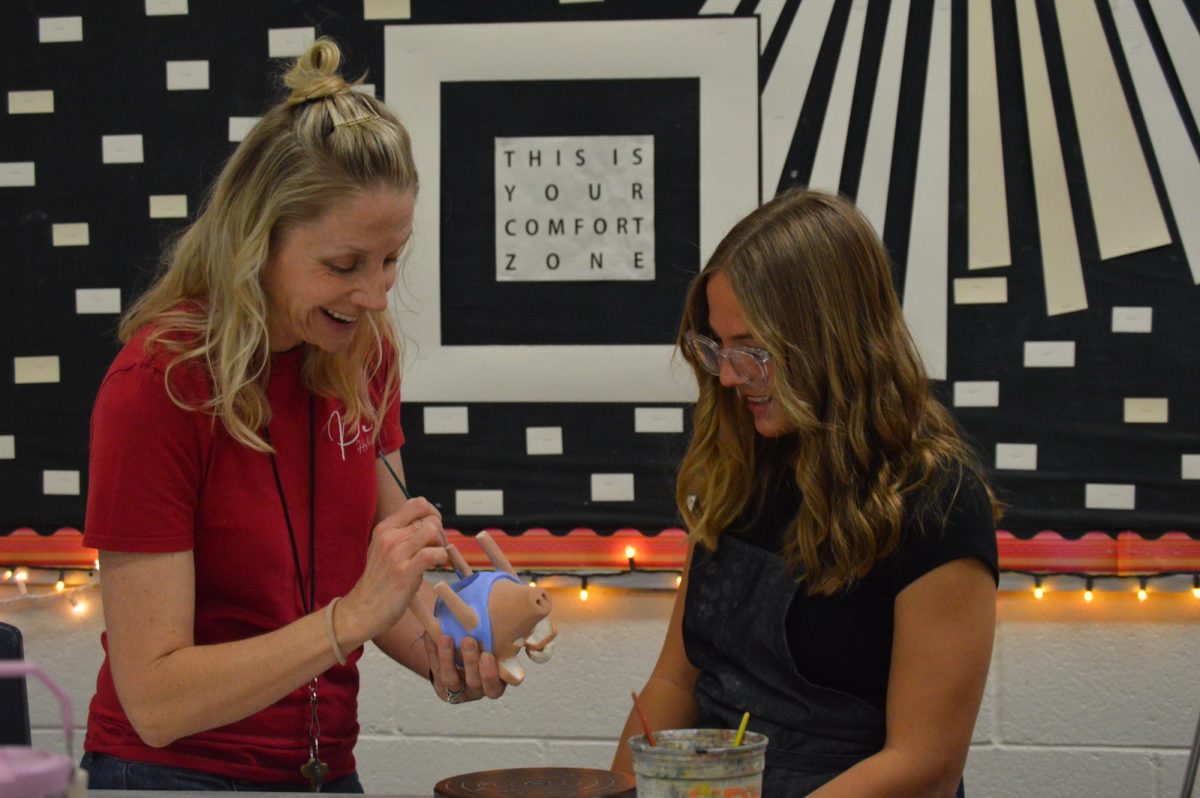While many students view breaks as a chance to recharge, student-athletes often find themselves navigating a schedule that doesn’t always align with the concept of relaxation. Unlike their peers, student-athletes are committed to rigorous training regimens and competition schedules that can stretch over weekends, holidays, and even school breaks. This leaves them with little to no time to relax amidst the demands of school and their activities.
For student-athletes, the notion of a break can feel elusive. Senior Blake Rekuc expresses the sentiment shared by many student-athletes: “While my friends look forward to breaks as a time to sleep in and hang out, I find myself waking up early for practice and traveling to games. Don’t get me wrong; I love what I do, but it can be very tiring.”
Many student athletes undoubtedly find themselves resting less during breaks than students not involved in a school sport, and there is merit to that statement as they do find themselves continuing to train. However, over breaks students do not have to balance an academic life into the mix, so breaks can be more restful in that sense.
Schools and sports programs are increasingly recognizing the importance of addressing this issue. Initiatives such as mandatory rest days, wellness programs, and academic support during breaks aim to alleviate the pressures faced by student-athletes.
While breaks may not always be restful in the traditional sense for student-athletes, they remain a vital part of their journey. These periods offer a chance to learn resilience, time management, and commitment—qualities that extend beyond the playing field. With proper support and guidance, student-athletes can navigate the unique challenges of breaks and emerge from them stronger, both as athletes and as individuals.
It is certain that breaks are indeed different for student-athletes compared to the average student, and whether they are restful or not depends on various factors. It is a balancing act that requires careful attention to both physical and mental well-being, ensuring that these dedicated young athletes continue to thrive in their dual roles as students and competitors.








